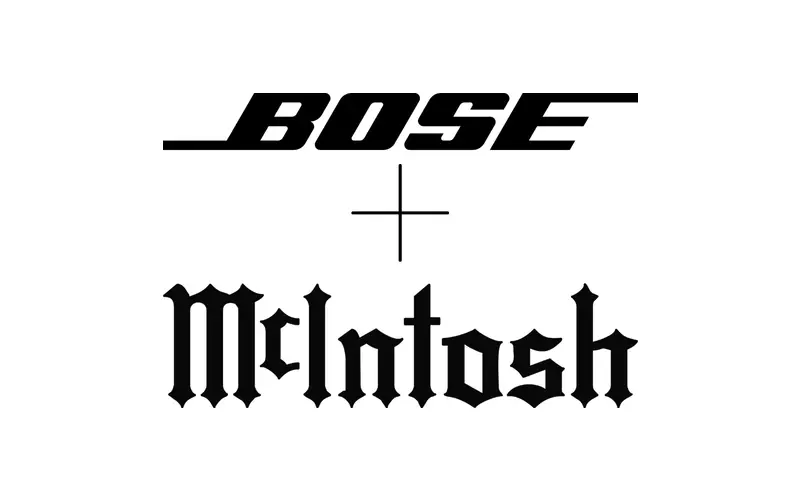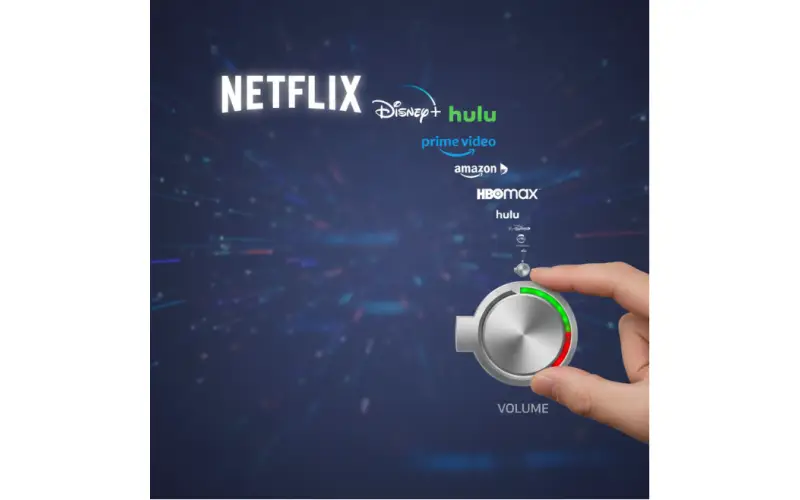By: Dipin Sehdev
The recent acquisition of McIntosh Group by Bose Corporation marks a pivotal moment in the audio industry, sending shockwaves through both the consumer and high-end audio segments. The historical context, potential implications, and future possibilities of this merger may change the industry forever.
A Look Back: A Legacy of Audio Excellence
McIntosh Group, established in 1949, boasts a rich heritage as a manufacturer of revered high-fidelity amplifiers, loudspeakers, and other premium audio equipment. Renowned for their handcrafted quality, meticulous design, and signature warm sound, McIntosh products have graced the homes of discerning audiophiles for generations. Sonus Faber, acquired by McIntosh Group in 2001, adds another layer of prestige with their handcrafted Italian-made loudspeakers.
Bose, on the other hand, has carved its niche in the consumer audio space. Founded in 1964, the company is synonymous with innovative noise-canceling headphones, portable speakers, and soundbars. Bose prioritizes practical applications, user experience, and mass appeal, making its products accessible to a broader audience.
Merger Motivations: A Strategic Power Move
This seemingly unlikely union signifies Bose's strategic ambition to expand its reach and diversify its offerings. Here are some key drivers behind the acquisition:
- Entry into Luxury Audio: Bose gains a coveted gateway into the high-end audio market, a sector experiencing significant growth (12% in 2023). This allows them to tap into a new customer base with a higher spending power.
- Technological Synergy: The combined expertise of Bose's cutting-edge research and development in areas like noise cancellation with McIntosh Group's focus on audio fidelity holds immense potential for innovation in both high-end and consumer products.
- Strengthened Automotive Presence: Both companies have a footprint in the car audio market. Merging their expertise in in-car audio systems, particularly Sonus Faber's association with luxury car brands like Lamborghini, positions Bose for a stronger position within this lucrative segment.
The Road Ahead: Speculating on the Future
The future of this merger presents a tantalizing canvas for possibilities:
- Premium Bose Products: Will Bose leverage McIntosh's expertise to develop its own high-end headphones, speakers, or other audio equipment? This could potentially redefine the "luxury" segment within Bose's existing product lines.
- McIntosh in the Consumer Market: Could we see iconic McIntosh branding grace noise-canceling headphones or Bluetooth speakers? This would be a significant departure for the brand, potentially attracting a new generation of audio enthusiasts.
- Automotive Innovation: Integrating Bose's noise-canceling technology into high-performance electric vehicles equipped with McIntosh audio systems could be a game-changer, offering unparalleled in-car audio experiences.
Beyond the Acquisition: Industry Consolidation
The Bose-McIntosh merger is not an isolated event. The audio industry has witnessed a trend of consolidation in recent years:
- Masimo acquires Sound United (2022): This acquisition brought together a portfolio of renowned brands like Polk, Bowers & Wilkins, and Denon.
- Samsung acquires Harman (2016): This deal brought together brands like JBL and Harman Kardon under Samsung's umbrella.
- Sony acquires Audeze (2023): This move bolstered Sony's presence in the high-end headphone market.
These consolidations suggest a growing need for audio companies to diversify their offerings and compete across different market segments.
A New Dawn for Audio
The Bose acquisition of McIntosh Group is a landmark event with far-reaching implications for the audio industry. It signals a new era of brand expansion, technological advancements, and potentially a shift in consumer preferences. As the dust settles, one thing is certain: the future of audio promises to be an exciting landscape defined by innovation and fierce competition.Read the full press release here.





